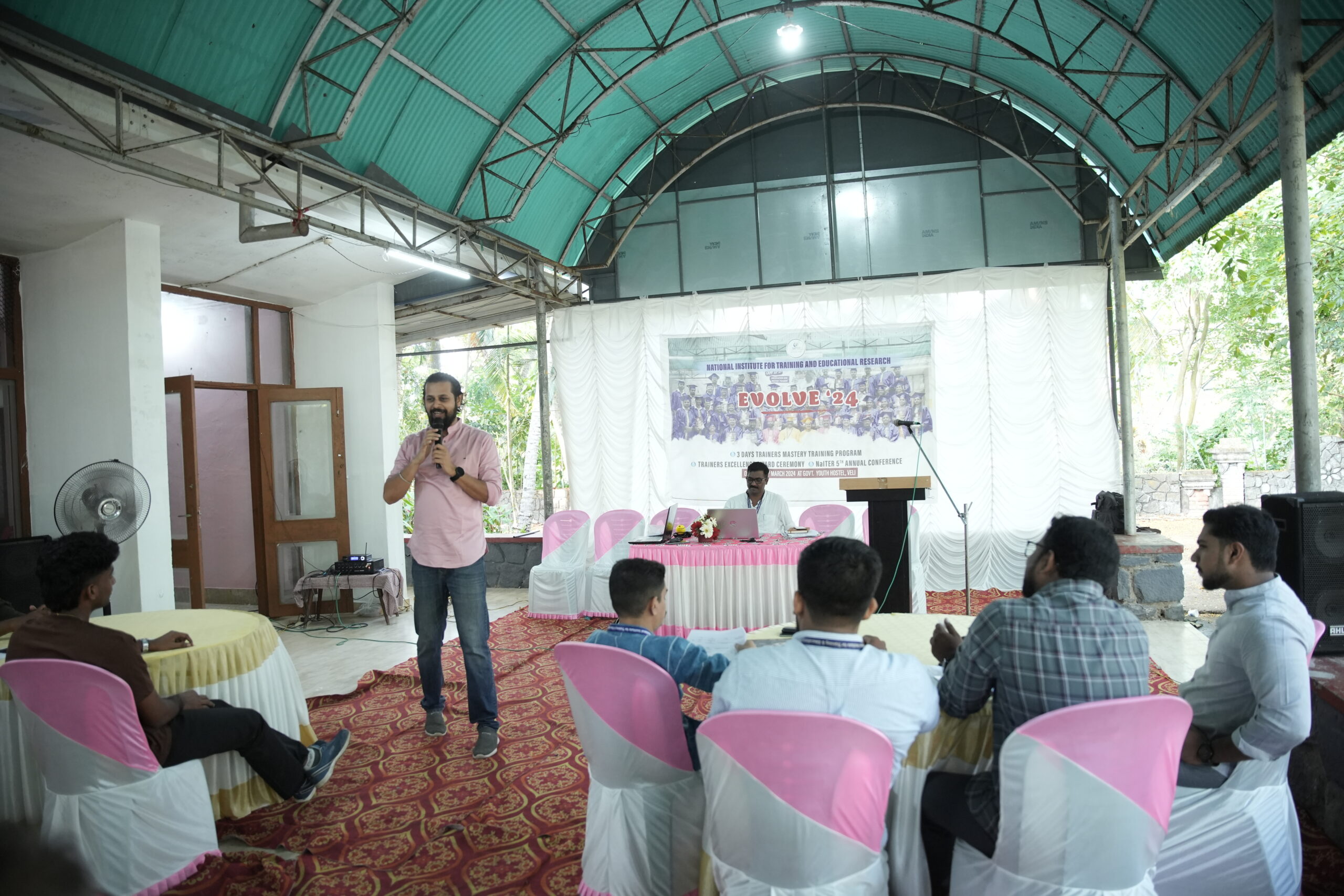The Crucial Role of Soft Skills Training in Today’s World
In today’s rapidly evolving job market, possessing technical expertise alone is no longer sufficient to guarantee success. Employers increasingly seek candidates who not only excel in their respective fields but also possess strong interpersonal skills, known as soft skills. From effective communication to problem-solving and teamwork, these attributes play a pivotal role in shaping an individual’s professional journey. Recognizing the significance of soft skills training, various reports by leading agencies emphasize the critical need for skill development initiatives, particularly in countries like India.
According to a report by the World Economic Forum (WEF), by 2025, over half of all employees will require significant reskilling and upskilling to meet the demands of evolving industries. In India, the need for soft skills training is even more pronounced, given the country’s burgeoning youth population and the rapid digital transformation sweeping across various sectors. The National Skill Development Corporation (NSDC) underscores the importance of equipping individuals with not just technical proficiency but also the ability to adapt to changing work environments and collaborate effectively with diverse teams.
Moreover, the National Employability Report (NER) published by Aspiring Minds highlights a concerning gap between the skills possessed by job seekers and those sought after by employers. While technical skills are undoubtedly crucial, the report emphasizes that candidates lacking in soft skills such as communication, critical thinking, and emotional intelligence often struggle to secure employment opportunities, despite possessing relevant qualifications.
Soft skills training programs offer a holistic approach to skill development, addressing areas beyond technical proficiency. These initiatives focus on nurturing attributes like communication, teamwork, leadership, adaptability, and problem-solving, which are indispensable for thriving in today’s dynamic workplace landscape. Whether it’s through interactive workshops, role-playing exercises, or real-world simulations, such training endeavors empower individuals to enhance their interpersonal skills and build confidence in their professional interactions.
Furthermore, soft skills training goes beyond individual benefits to positively impact organizational success. Companies that invest in developing their employees’ soft skills witness higher levels of employee engagement, productivity, and retention. Effective communication fosters a collaborative work culture, while strong leadership skills inspire team members to perform at their best. Moreover, employees equipped with superior interpersonal skills contribute to improved client relations and enhanced customer satisfaction, driving business growth and profitability.
In the context of India, where the workforce is undergoing a profound transformation fueled by technological advancements and globalization, the importance of soft skills training cannot be overstated. As the nation strives to harness its demographic dividend and emerge as a global economic powerhouse, investing in skill development initiatives, including soft skills training, is imperative. Government bodies, educational institutions, and corporate entities must collaborate to design and implement comprehensive programs that equip individuals with the diverse skill sets required to succeed in the 21st-century workplace.
In conclusion, soft skills training plays a vital role in shaping individuals into well-rounded professionals equipped to navigate the complexities of today’s job market. Reports by prominent agencies highlight the urgent need for skill development initiatives, particularly in countries like India, where the demand for skilled talent is on the rise. By prioritizing soft skills training, individuals can unlock new opportunities for personal and professional growth, while organizations can foster a culture of innovation, collaboration, and excellence. In this era of rapid change, embracing lifelong learning and investing in soft skills development is not just an option but a necessity for staying relevant and thriving in the ever-evolving world of work.


